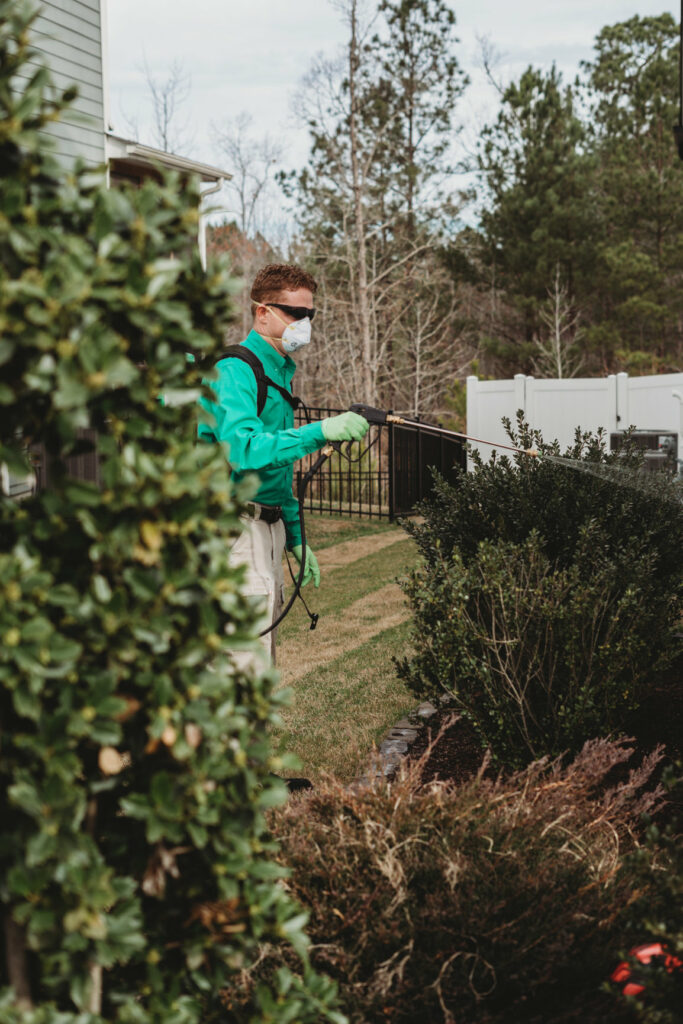Pet & Kid friendly alternatives to Getting your backyard again! Reduce risk from viruses and other disease mosquitoes may be carrying. Give Holly Pest a Call, Text, or fill out the form by clicking the button below & we’ll give you a
call as soon as we are able.
are the holly springs Mosquitoes taking over your backyard?
The Wake County Health Department wants residents and visitors of the area to follow the recommendation of NCDHHS to protect themselves from mosquito-borne diseases:
Tipping and tossing standing water in:






919-446-3326
support@hollyspringspest.com
116 Moore Hill Way
Holly Springs, NC 27540
COPYRIGHT © 2022-24 Holly Springs Pest Control. All rights reserved. Ads Management, Marketing & Website updates by SMARTLeadDigital.com Original Website by JC WebWorks